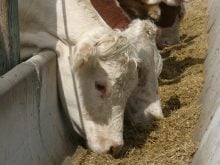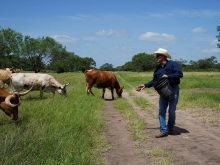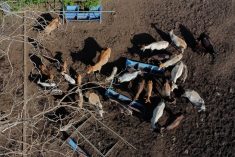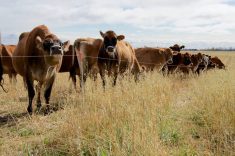Officials from Health Canada’s veterinary drugs directorate recently delivered what they considered a positive message – within a year, the backlog of drugs waiting for registration will be eliminated.
As well, wait times for new drugs will be less than a year rather than the years it now can take, which means Canadian livestock producers should have easier access to the same veterinary drugs as their American competitors.
“I am pleased to inform the committee that Health Canada is anticipating the elimination of the backlog for veterinary drugs by early 2009,” associate assistant deputy minister Dr. Siddika Mithani told MPs on the House of Commons agriculture committee April 1.
Read Also
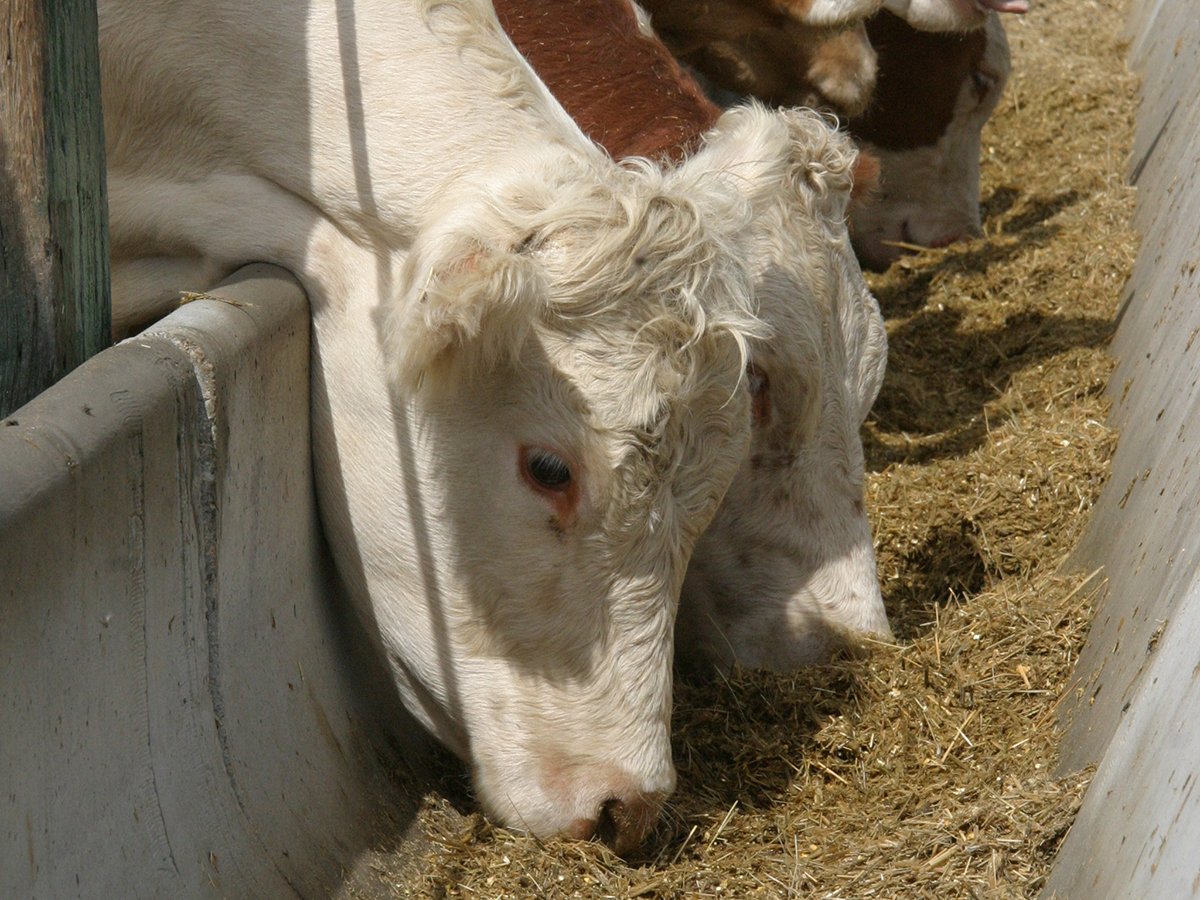
Alberta cattle loan guarantee program gets 50 per cent increase
Alberta government comes to aid of beef industry with 50 per cent increase to loan guarantee program to help producers.
She said cumbersome Canadian rules and backlogs made drug manufacturers unwilling to apply forCanadian registration for many of their products.
“The fact that we are lagging behind, we do not have those types of drugs, has been really a regulatory process issue up to now. But there have been process improvements that have been put in place in order to make sure that in our market we create an environment that is conducive to competitiveness coming into Canada,” Mithani said.
MPs, meanwhile, were anxious to tell her what damage lack of access to competitively priced products has done to Canadian producers.
Prince Edward Island Liberal Wayne Easter told the story of a constituent who for five years was denied access to a feed additive for his hogs.
It was approved for import last year but in the week before Christmas, the producer went bankrupt.
“The cost, according to his calculation, of not being able to use that feed additive on his production base over that five-year period was $470,000,” Easter said.
“It had made that much difference and he might still be in business today.”
Northern Alberta Conservative Brian Storseth said the inability of livestock producers in his riding to import cheaper anti-parasite medicine from the United States has led to drastic decisions.
“It is not an uncommon story to hear of producers who fly down to the U.S., buy a truck, fill it up with their quarterly use of invermectin, bring it back up, pay the GST and everything else on it and they actually save the price of the truck just in their drug costs alone,” he said.
Storseth said the price is $4 per litre in Canada and $1 in the U.S.
Mithani said improvements in the Canadian approval process should make the situation better.
Improvements include speedier decisions and more of an effort to encourage foreign drug manufacturers to apply for approval in the Canadian market at the same time they apply for American registration.
“The intent is that when we eliminate backlog, when we have an environment that is conducive to competitiveness, when we’ve got those generic companies coming here into the Canadian market, the price will go down for the innovators and for the other generics that are available and it will be a competitive market,” she said.
Once that happens, Mithani said, there may no longer be a need for an own-use import program.
Several MPs said producer access to American product for their own use will continue to be important as producers face higher prices imposed by companies that believe they have unchallenged market power.


